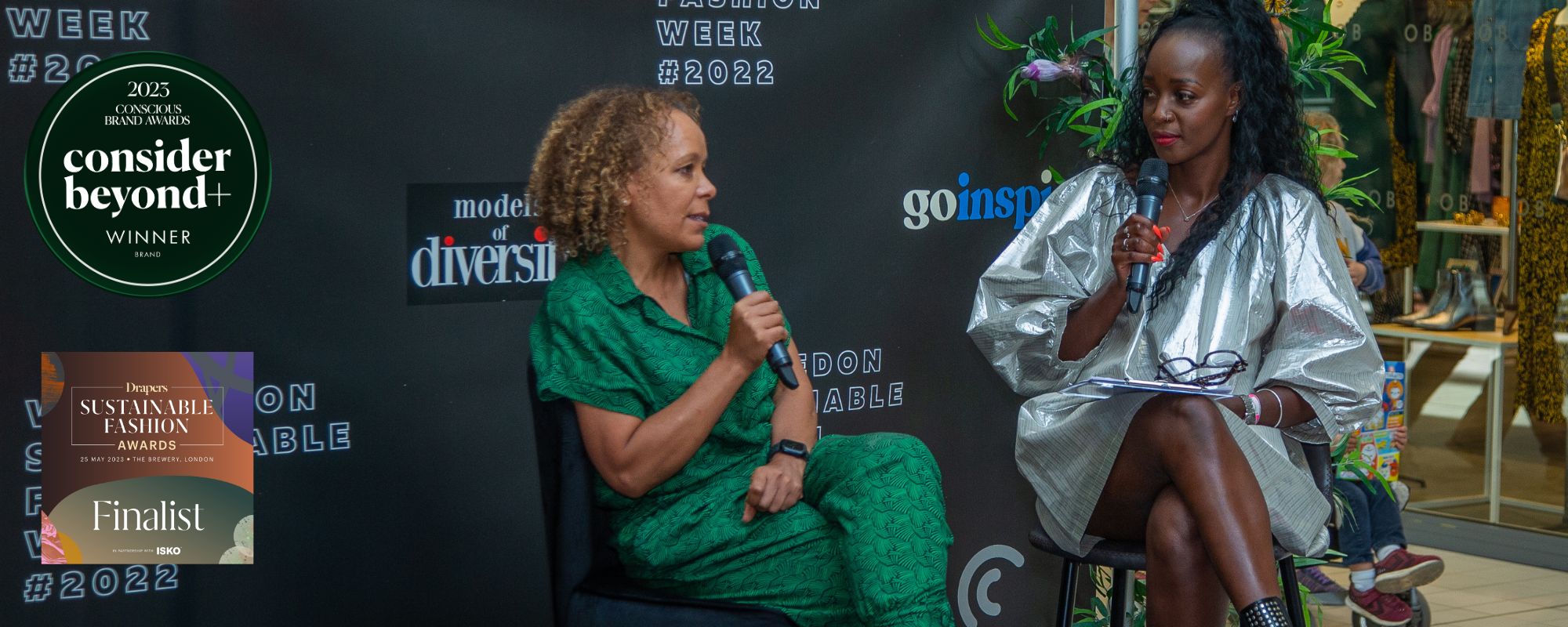
No Greenwashing Here!
We’re absolutely thrilled to have been named "Ethical Brand of the Year" by Consider Beyond! The recognition is humbling, and we’ve received countless messages asking how we’ve crafted our approach. The short answer? "It’s not simple." Even with deep experience in sourcing and product development, navigating the world of sustainability can feel overwhelming, with so many perspectives, Regulations, Legislations and opinions to consider.
At In Our Name, we’ve cut through the confusion by focusing on what truly matters: quantifiable data, transparent supply chains, and social impact that empowers our makers in Africa. Sustainability isn’t just a buzzword for us - it’s about embracing responsible practices at every stage, from sourcing raw materials to the final product. But beyond the processes, it’s important to remember that behind every piece we create, there are real people - craftsmen, makers, and workers - whose dedication and hard work are at the heart of ethical fashion.
Our approach is holistic. We don’t just look at sustainability in isolation; we consider the interconnectedness of environmental impact, social responsibility, and economic empowerment. This means that we review every step of our development and production processes critically: the longevity of our products (hello, slow fashion!), every fabric, button, and zip, our CO2 emissions from transport and travel, fair pricing, and economic sustainability for our artisans and small producers in Africa. We consider how our customers can care for their garments to make them last longer and ensure that when the product's life cycle ends, it can be recycled or biodegraded (welcome to circularity!).
We’ve chosen the tougher path, tracing and measuring our impact in meaningful ways, rather than claiming to be sustainable without proof. It’s all about transparency and honesty. Unfortunately, many products on the market today still rely heavily on polyester and nylon - fabrics derived from fossil fuels - with no clear chain of custody. While technology and manufacturing practices have improved, brands that hide behind superficial strategies are misleading consumers. That’s greenwashing, plain and simple. As brands and retailers, it’s a privilege to have customers choose our products, and we owe it to them to be honest and transparent, never misleading or lying.
At In Our Name, we’re committed to doing things the right way, because we believe that true sustainability is about more than just what we make - it’s about how we make it, who makes it, and the positive impact we can have on the world together.
Read More About:



